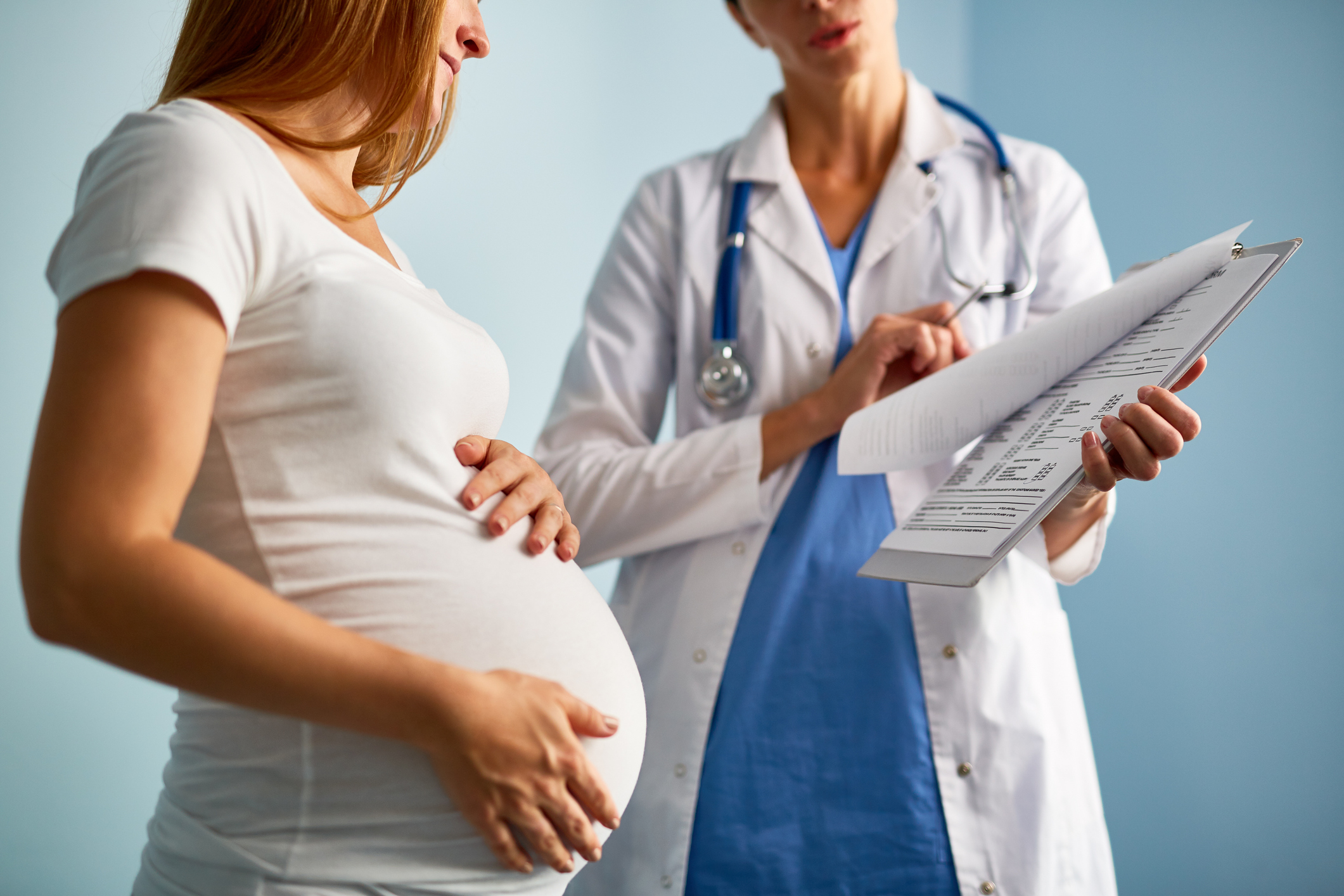When you’re growing another little person inside of you for nine months, your body is bound to go through some changes. The different stages of pregnancy can bring a variety of changes beyond a growing belly. Not everyone experiences the same ones, as every pregnancy is different. Here are the most important changes to know about.
Sensory changes like taste, sight and smell
Little do people know that pregnancy doesn’t just affect the taste of things — it also affects the sense of smell and sight. Although some report blurriness or discomfort while wearing contact lenses, most women go back to pre-pregnancy vision after birth. Eye pressure is also an often reported side effect. Pregnancy can also cause cravings for salty, sweet, and sour foods due to dysgeusia, or a decrease in the ability to taste.
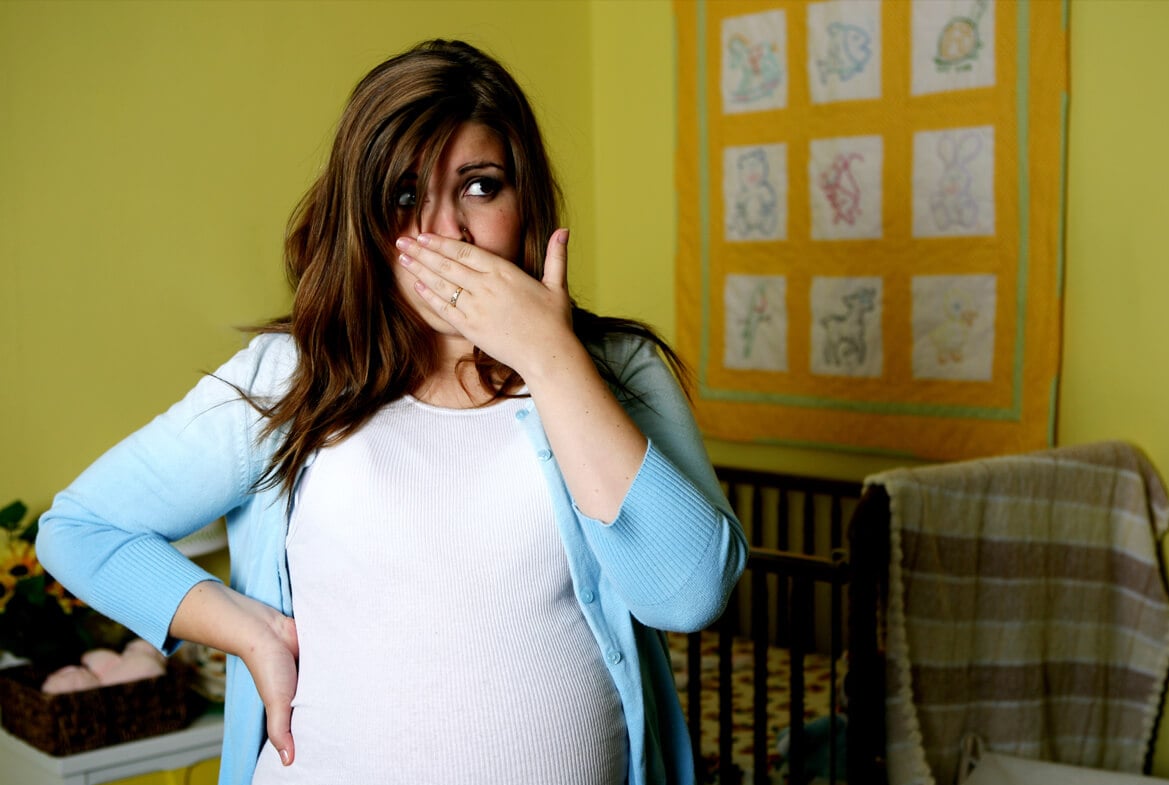
Breast changes
As the body prepares to supply milk to the newborn, the body undergoes several changes. The areolas often darken due to pregnancy hormones, and as they grow, tenderness and sensitivity are common. Stretch marks can also occur, especially if they increase in size rapidly. Milk ducts also expand in preparation. Tiny lumps can also occur from blocked milk ducts, but if they don’t disappear after several days of massaging and warm compresses, it’s a good idea to notify a doctor.

Weight gain and fluid retention
It’s very common for pregnant women to gain weight and retain more fluids. The extra weight and gravity slow down the circulation of bodily fluids and blood. This water weight can also put limitations on working out. During the second trimester, many women start to notice swelling. To ease it, they can avoid standing for too long and consuming caffeine or sodium.
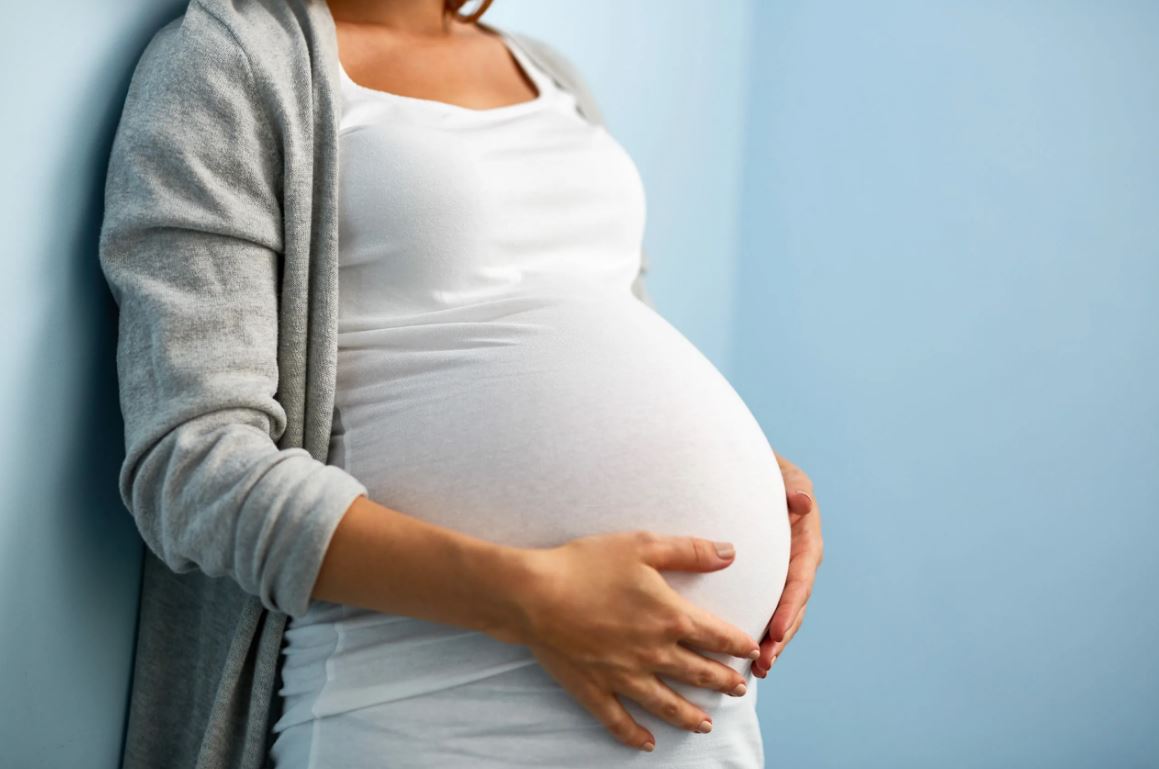
Hair and nail changes
Lots of women have nail and hair growth while pregnant, but it can also cause hair loss or hair shedding. Eating healthy foods and taking prenatal vitamins are important during pregnancy, but they can also cause brittle nails and keratosis. Losing hair post-partum is also common as hormone levels and hair follicles regulate themselves without the addition of pregnancy hormones.
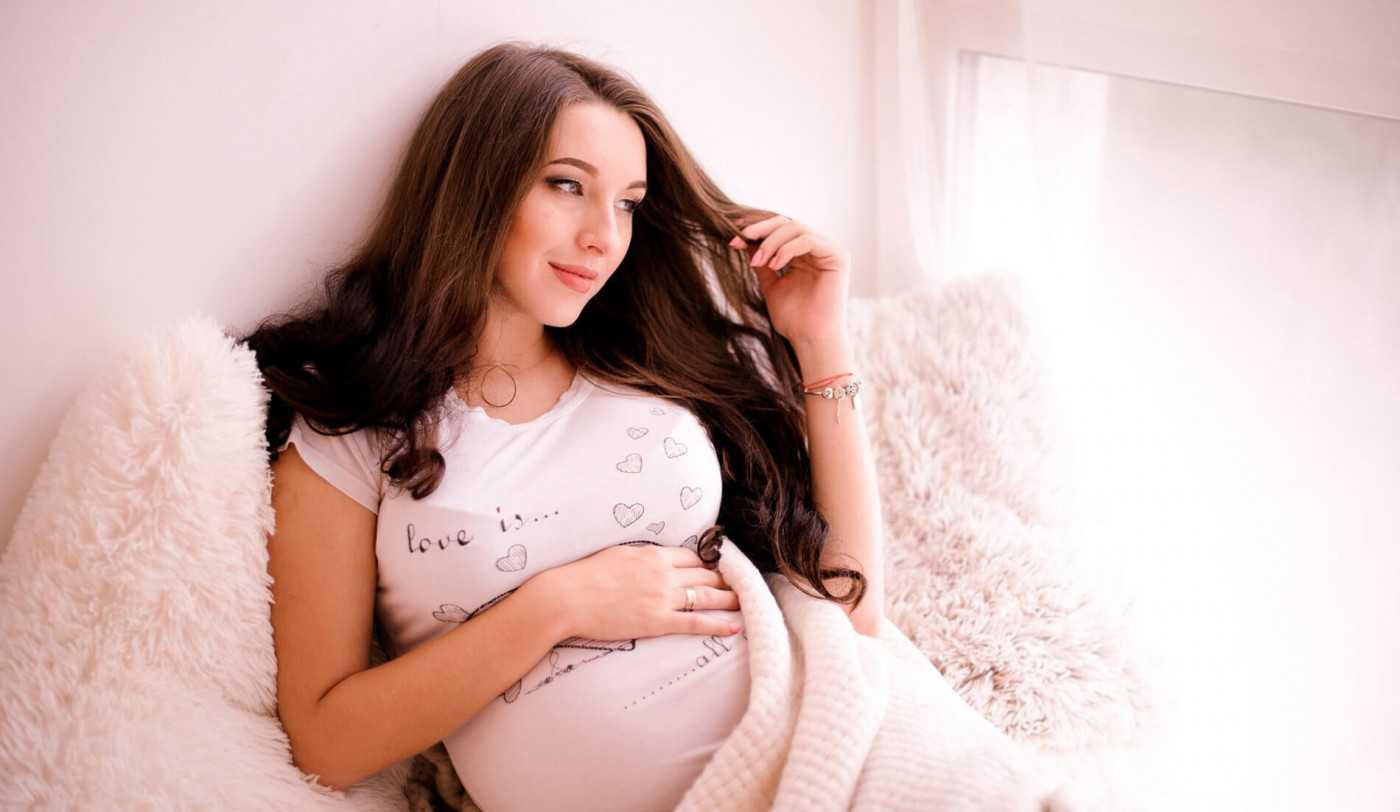
Digestion
Hormones cause all kinds of food cravings, food aversions and nausea during pregnancy. The digestive system also undergoes some major changes. Constipation can occur from the added weight of a growing uterus, and heartburn is common in the third trimester as a growing baby pushes on the stomach. Tinier, frequent meals can help to reduce this, as well as antacids.
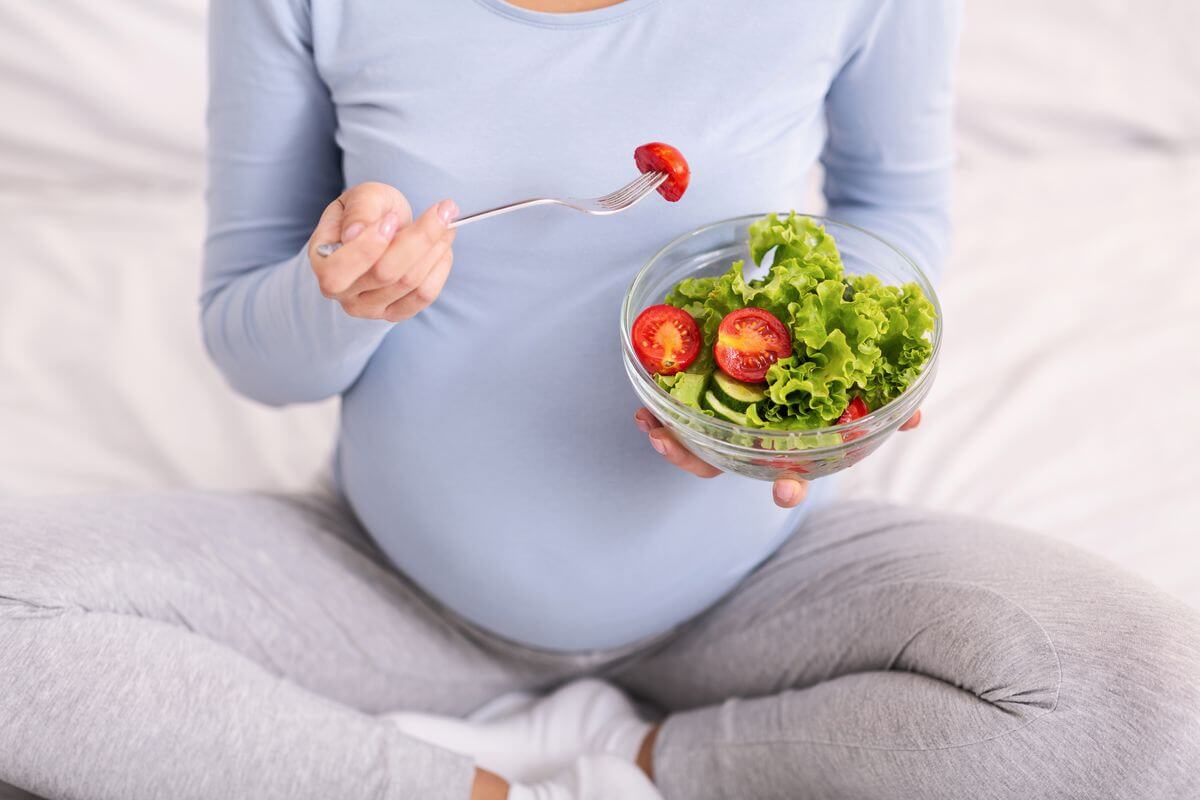
Hormonal changes
This is why many pregnant women have that “glow.” Women that are pregnant experience a dramatic spike in both progesterone and estrogen. This is also what causes that classic moodiness during pregnancy. In the process, hormones are helping the fetus develop in a healthy way.
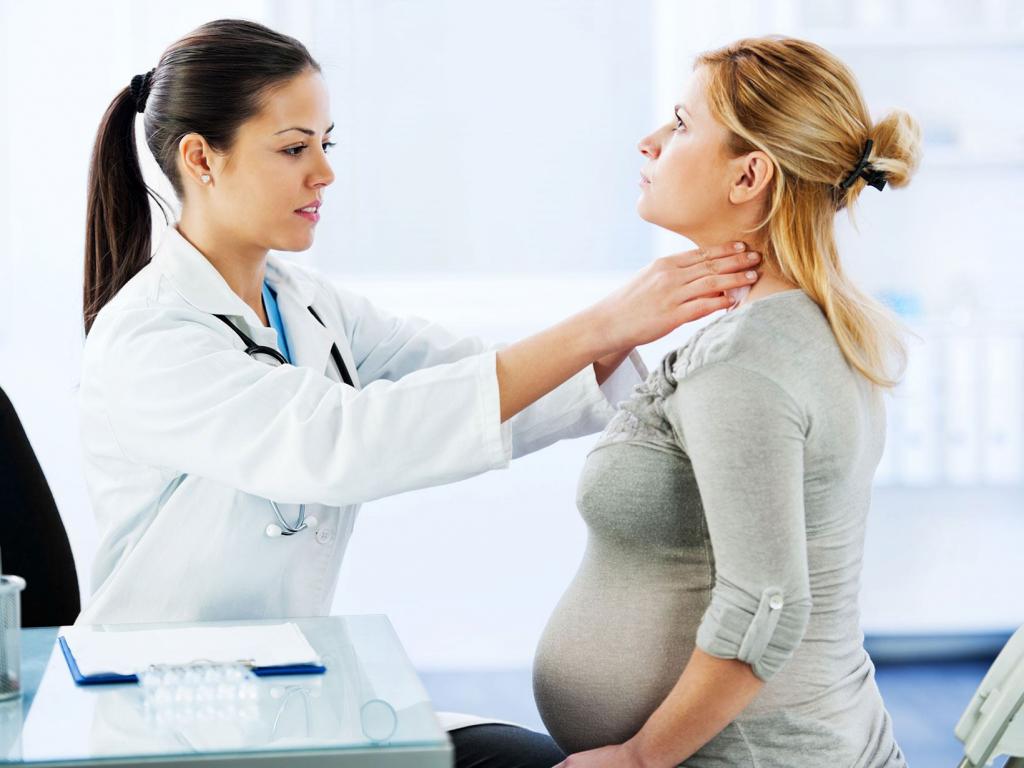
Circulation and blood volume
Blood volume will increase, which can enlarge the appearance of veins. These changes to the circulatory system and blood pressure can cause dizziness and fainting during pregnancy. These spells can also occur due to an expanding uterus that puts pressure on blood vessels, as well as changes in appetite or metabolism. Bed rest, water and loose-fitting clothes can help minimize this.
